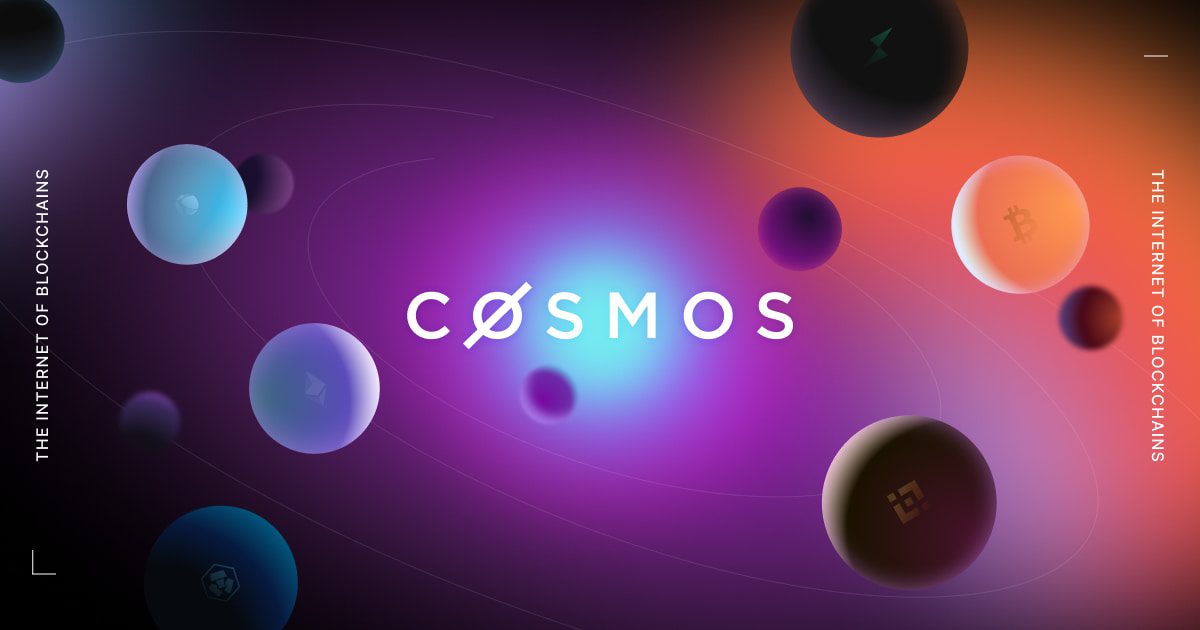It’s time to talk about blockchain – Manila Bulletin
NIGHT OWL

With the development of web technologies, new concepts arise that provide innovative ways of using the internet. The new Web 3.0 brings us concepts such as blockchain technologies, token-based economics and decentralization.
As with anything new, those who are presented with it are either willing to explore or hesitant to look into it. But with blockchain, instead of being afraid, we should start to understand the technology.
The International Telecommunication Union (ITU) defines blockchain as “a type of distributed ledger consisting of digitally recorded data, which may be a continuously growing chain of blocks, and where each block is cryptographically linked and hardened against tampering and revision.”
Recently, a group of US banking institutions, including HSBC, Mastercard and Wells Fargo, announced that they are working with the New York Innovation Center (NYIC), part of the Federal Reserve Bank of New York, on a proof-of-concept digital money platform called The Regulated Liability Network (RLN), which will use blockchain to create opportunities to improve financial settlements. The group said the project, which will last 12 weeks, will be carried out in a test environment and will use simulated data. Apart from the US, China and Australia are also working on a national digital currency.
While blockchain started as a system that enabled digital payments through cryptocurrency systems, it now has many uses outside of the financial sector, such as in telecommunications, public sector, healthcare and energy, as well as in identity management, security management and data provenance.
Filipinos can certainly adapt to this technology. In fact, in a survey by Australian-based financial technology website Finder, the Philippines ranked 10th out of 26 countries in the Cryptocurrency Adoption Index. It said 16 percent of Filipinos owned cryptocurrency. The average for global adoption is 15 percent.
Last October, the Department of Information and Communication Technology (DICT), in collaboration with the provincial government of Bataan, conducted the country’s first Global Blockchain Summit. The discussions were focused on the state of the blockchain industry, and blockchain regulations and compliance in the Philippines, as well as the use of blockchain technology, revolutionary art through non-fungible tokens (NFT) and Play-to-Earn (P2E) games, and future plans to strengthen the blockchain industry in the country .
In fact, DICT Secretary Ivan John Uy said that President Ferdinand Marcos, Jr. also recognized the opportunities of this new digital economy and has led the DICT, the Department of Labor and Employment (DOLE) and the Commission on Higher Education (CHED) to formulate education and training programs that will develop skilled and globally competitive IT professionals, especially in blockchain technology, cyber security and other ICT industries available on the labor market.
Just this week, international and local experts from the digital and cryptocurrency industry have come together to host the first Philippine Blockchain Week. The event aims to promote inclusivity by educating more Filipinos about blockchain.
According to the United Nations Conference on Trade and Development (UNCTAD), blockchain technology can be used in many applications that can contribute to sustainable development. It provides an opportunity for some developing countries to be ahead. But it also advises governments in developing countries to strengthen their innovation systems to fully exploit the benefits of new and emerging technologies.
I think it’s time to sit down and talk about blockchain. We need to explore how this can help in our digitization efforts, such as promoting ease of doing business, strengthening cyber security and even providing internet connectivity, as well as in many areas of development. There may be hesitation due to the lack of understanding of this technology, but this can be addressed with an information and education campaign to encourage more people, agencies and organizations to look at its benefits and viability.
SIGN UP FOR THE DAILY NEWSLETTER
CLICK HERE TO SIGN UP


